Imagine being a woman or a girl for whom sanitary napkins are a luxury, not a commodity. That makes staying in school or holding down a job during your period challenging.
Now, imagine that the material for creating those sanitary napkins is literally all around you. That material is banana fiber — a material readily available in Rwanda where bananas are grown in abundance.
Sustainable Health Enterprises (SHE) is a women-led social venture in Rwanda that manufactures affordable sanitary napkins out of banana fiber, with the goal to help girls and women live more confident and comfortable lives. The New York-based non-profit social venture is hoping to create a sustainable system for this vital service, which is where Johnson & Johnson comes into play. Josh Ghaim, Chief Scientific Officer for Johnson & Johnson Consumer, Inc., decided to help SHE achieve their goal by offering technical support.
Our goal is to help SHE establish a scalable business model that could be transferred to other tropical regions, creating jobs for women in rural communities and incremental income for local banana farmers, in addition to assisting girls and women in need of the sanitary napkins.
To pursue this goal, we realized we needed to understand SHE’s supply chain, manufacturing and distribution networks firsthand. Their team invited us to Rwanda, where we spent the first two days learning about Rwandan history and local culture, as well as getting to know more about their organization.
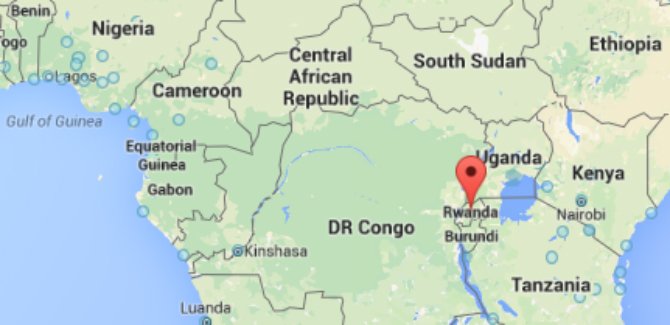
SHE currently collaborates with 10 schools in a pilot program for napkin distribution and health education. Our first visit was to the Gikaya School in the Eastern Province of Rwanda, where we received a warm welcome from the students and the staff. Our purpose was to understand how the sanitary napkins are currently distributed by the school, and to connect with the girls about their experience. In addition, we spoke with the staff, inspected the sanitation facilities and visited a student and her family in their home.
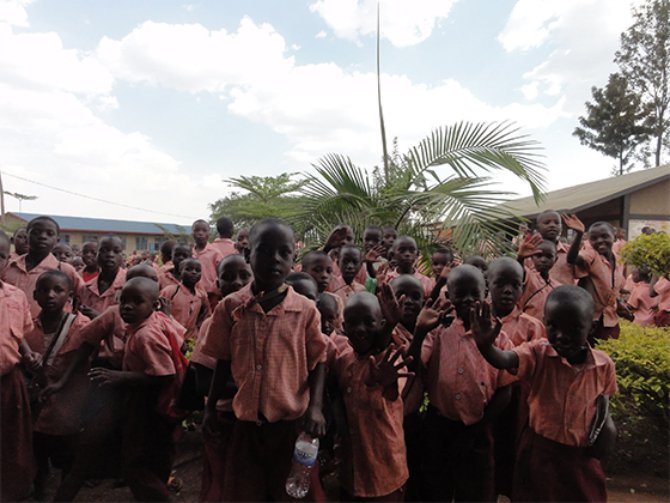
The next day we were off to the Ngoma district to visit the SHE manufacturing site. For SHE to become profitable, we knew we needed to modify the process and increase daily production tenfold. The operations team showed us the entire process — from incoming banana fibers to finished product — and we were able to implement a few product improvements on the spot. We documented everything in detail for our team members back in Skillman, where we, together with Ken Pelley and John Poccia, are designing and building a more efficient process for SHE. We learned that to maintain and repair the equipment, funding will be needed for establishing a mechanical workshop on-site. During our visit, everything was powered by a generator, as very often there was no electricity.
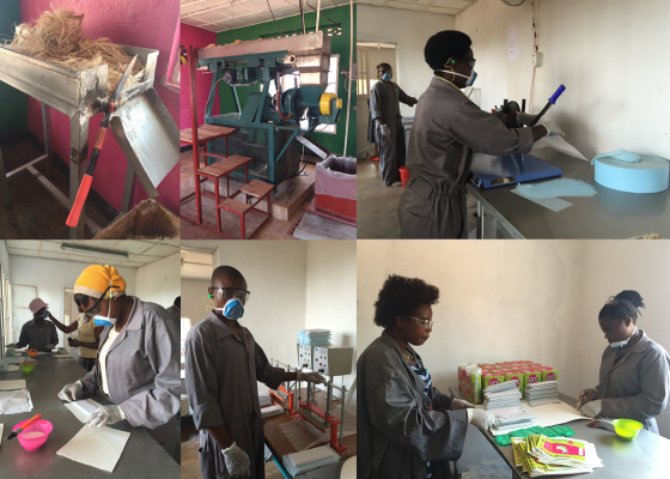
After a night in the our hotel in Kibungo (no running water, bucket-bath only and sporadic electricity), we visited the Umunezero banana cooperative to see how the banana fibers are extracted and air-dried. Umunezero is one of the three cooperatives that SHE selected to work with, because the farmers not only saw value in additional revenue from banana fibers, but also in helping to improve women’s lives. We left Rwanda even more committed to helping SHE empower these girls and women, after having gained deeper insight into their lives.
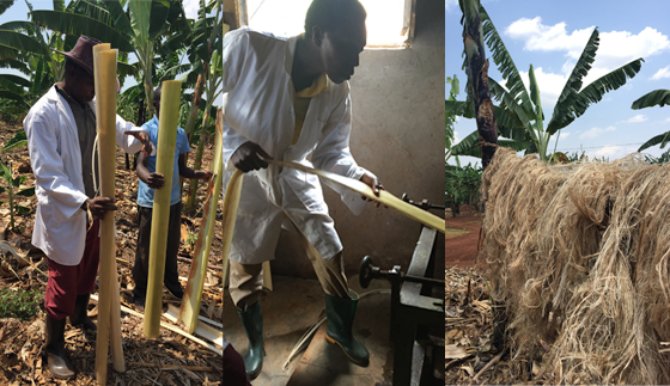
Where do we go from here? The learnings in Rwanda will help us develop a process for SHE that uses appropriate technology and will increase their output significantly. We also committed to developing sustainable packaging that will include women’s health education. In addition, we are currently pitching a student project to develop a large-scale off-grid dryer for sterilizing the banana fibers.
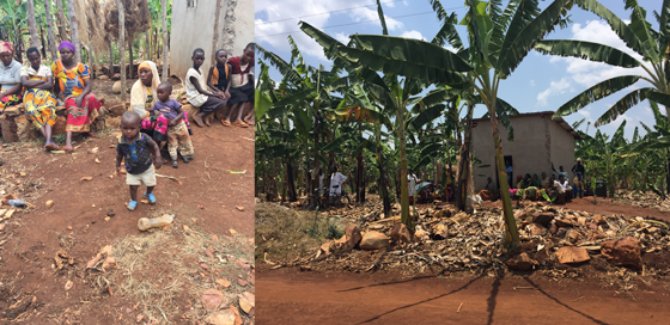
And we’re committed to continuing to uphold Our Credo values, knowing that we have an opportunity to make a real difference in the lives of these women and girls.
You can learn more about the SHE initiative at http://sheinnovates.com.
This article was contributed by Aimee Sealfon, Director of Consumer Solutions – Baby/FemCare, at our Global Strategic Design Office, and Michael Moscherosch, Director of R&D for External Innovation, recently completed a two-week trip to Rwanda and Ghana. Their goal was to bring the Credo to life by leveraging their expertise to make a lasting difference. Today, we bring you the first of a two-part series, following them through Rwanda as they address a common challenge for women and girls.
The views expressed here are not necessarily those of each of the partners of Global Citizen.